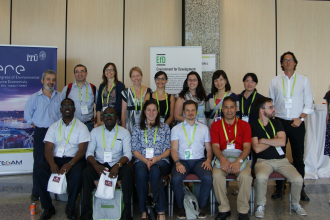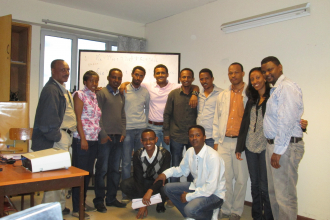Does money talk? — The effect of a monetary attribute on the marginal values in a choice experiment
When designing choice experiments for nonmarket valuation the role of the price attribute is of major importance. In the energy sector the uncertainty of future direction of changes in prices makes it difficult to include an adequate price vector in the design.

